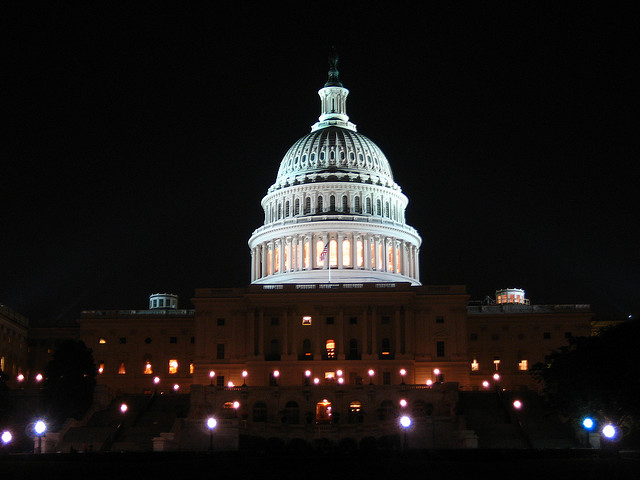Top Five Things You Need to Know About the Fiscal Cliff Deal
By
Chris Hellman
Posted:
|
Budget Process

Here are the top 5 things you need to know about the fiscal cliff deal enacted by Congress this week:
1) Extends the Bush-Era Tax Cuts: The Bush-era tax cuts were scheduled to expire on Dec. 31. The tax cuts benefited nearly every American taxpayer, though they offered the most generous benefits to the wealthiest Americans. Congress permanently extended the tax rates on income below $400,000 for individuals and $450,000 for couples, and raised the rate on capital gains and dividends from 15 percent to 20 percent for income above the same threshold. Tax rates will rise for a group roughly corresponding to the wealthiest 1 percent of households.
2) Unemployment Benefits Extended: Emergency unemployment benefits for the long-term unemployed were scheduled to expire on Dec. 31. Congress extended unemployment benefits for another year, and as a result, around 2 million Americans will retain jobless benefits that would have otherwise expired.
3) Payroll-Tax Holiday Expires: As a result of a payroll-tax holiday enacted in 2010, workers have temporarily paid Social Security payroll taxes at a rate of 4.2 percent instead of 6.2 percent. All working Americans will see their payroll tax rate rise by 2 percentage points, or around $1,000 per year for the average worker. Trust fund revenue into Social Security will increase.
4) Major Entitlement Programs Untouched, for Now: The deal did not result in changes to Social Security or Medicare benefits, although some lawmakers sought reductions in Social Security benefits and a higher eligibility age for the Medicare program as part of fiscal cliff negotiations. Expect to see this issue re-emerge in the coming months.
5) Major Issues Unresolved: In addition to what the deal accomplishes, it leaves a number of critical issues unresolved – the debt ceiling, automatic spending cuts known as sequestration, and the final version of the 2013 federal budget. The deal did include provisions delaying sequestration – which focuses spending cuts primarily on discretionary programs – but only until March 1. The government is expected to run out of options on the debt ceiling in February or March, and the stop-gap spending bill currently funding the government expires on March 27.
Click here for NPP’s full analysis of the deal.